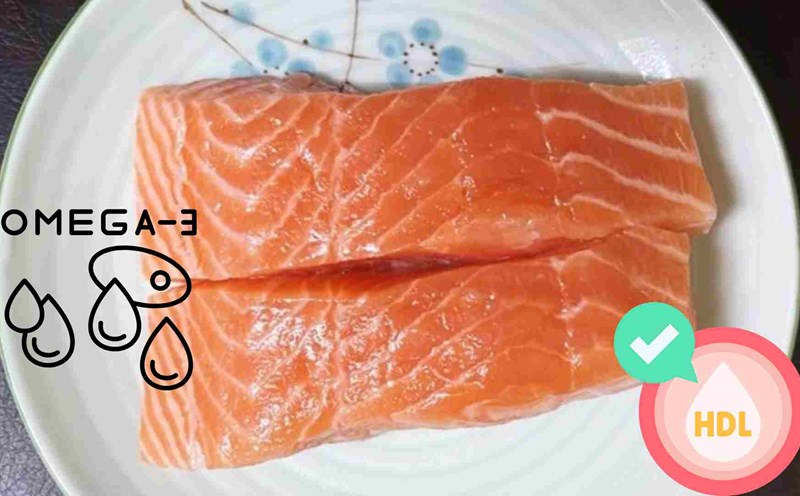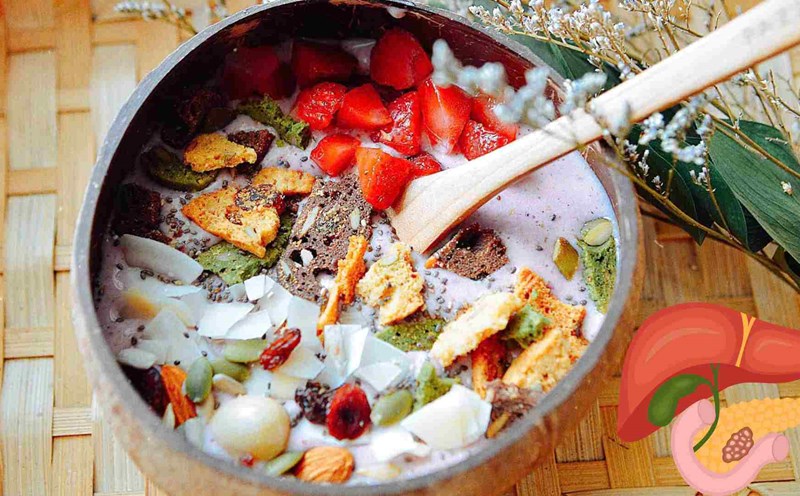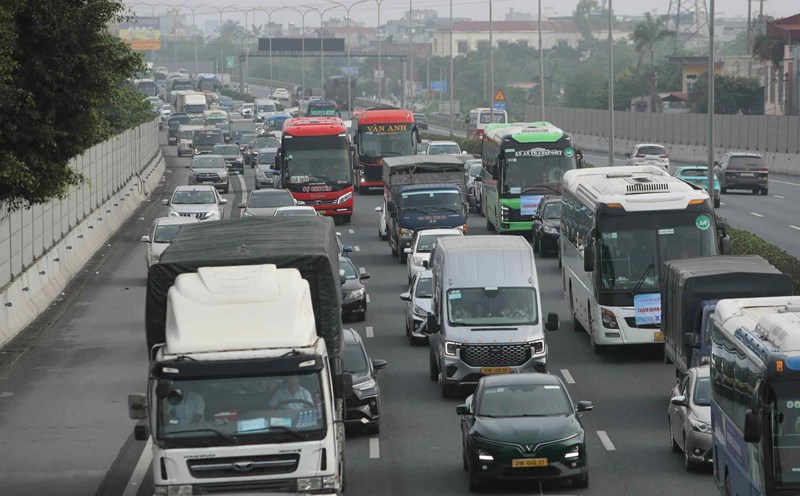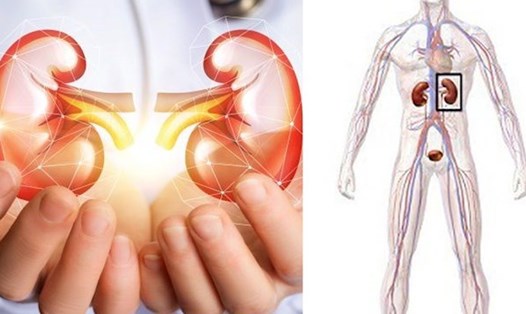gallbladder inflammation is an inflammation in the gallbladder, an organ located below the liver, which plays a role in storing and concentrating gallbladder to help digest fat. The most common cause is gallstones. In addition to medical treatment, a suitable diet helps control and improve diseases effectively.
The role of diet in gallbladder inflammation
Diarrhea produced by the liver plays a role in supporting fat digestion. When gallbladder is inflamed, digestion becomes difficult, especially with foods rich in fat. Therefore, people with gallbladder inflammation need to build a gentle, low-fat diet so as not to put pressure on the gallbladder.
A suitable diet does not directly cure gallbladder inflammation, but can help reduce symptoms such as abdominal pain, nausea, bloating, and reduce the risk of complications or recurrence of inflammation.
Foods to eat
People with gallbladder inflammation should prioritize foods that are easy to digest, rich in fiber and low in saturated fat. Some food groups that should be included in the daily menu include:
Fresh fruits and vegetables
Apple, pear, berries, papaya, dark green vegetables such as spinach, kale, broccoli, carrots.
Rich in vitamins, antioxidants and fiber helps improve digestion and support the immune system.
Lean protein
Leatherless chicken, lean fish (such as salmon, tilapia), boiled eggs, tofu, beans.
Provides energy and aids recovery without increasing bad fat.
Whole grains
Brown rice, whole wheat bran, oats, quinoa, barley.
Helps stabilize blood sugar and reduce cholesterol, supporting liver and gallbladder function.
Healthy fats (used in moderation)
Olive oil, avocado, flaxseeds, nuts and fatty fish.
It is necessary for the body to absorb fat-soluble vitamins, but should be consumed in moderation.
Low-fat dairy products
S kim milk, unsweetened yogurt, low-fat cottage cheese.
Provide calcium without putting a burden on the digestive system.
Can Tranh Truc Pham
Foods rich in saturated fat, cholesterol, and refined starch can aggravate gallbladder inflammation. Here are the food groups that should be limited or completely eliminated:
Fried, greasy
Fried chicken, French fries, fried cakes, fast food.
Increases gallbladder contractions, causing pain and indigestion.
Processed foods
Sausage, refreshing meat, canned goods, instant noodles, frozen meals.
Contains many preservatives, salt and bad fats.
Refined carbohydrates
White bread, cookies, candy, carbonated soft drinks, white rice.
It increases blood sugar quickly and easily causes obesity - a risk factor for gallstones.
Acidic or spicy foods
retain, vinegar, spicy sauce, processed tomatoes, thick orange/orsel juice.
It can easily cause irritation and worsen inflammation symptoms.
Sugary and stimulating drinks
Sweet tea, strong coffee, energy drinks, alcohol.
Affects liver function - an organ closely related to the gallbladder.











